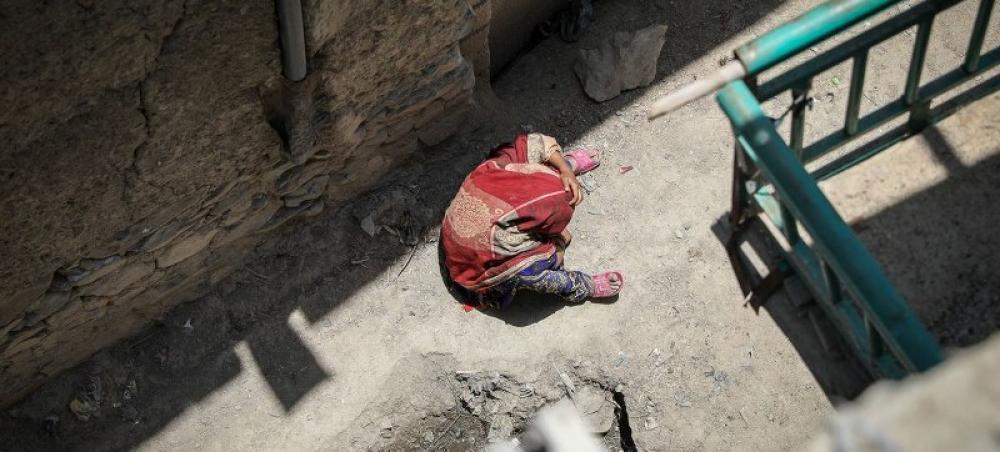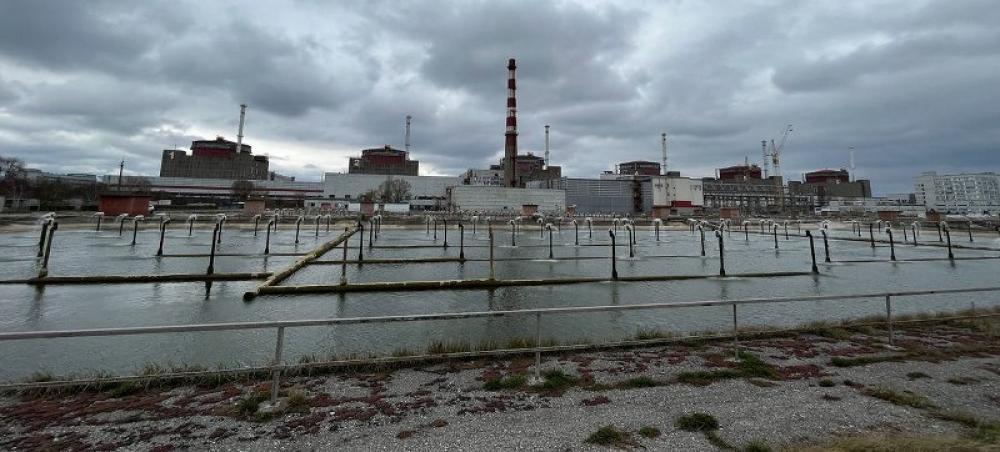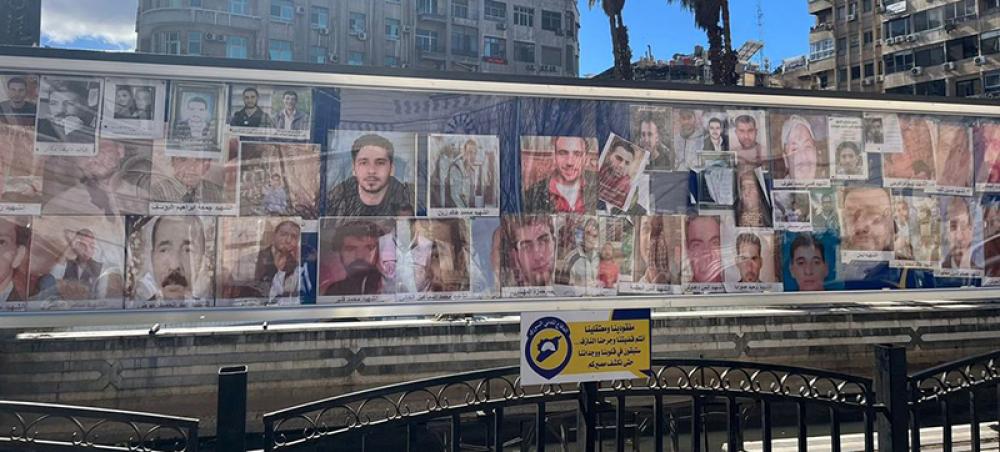11 Sep 2014, 06:38 am Print

“The Ulema Council informed me of their position on the current stalemate between the candidates in relation to the formation of a government of national unity - and it is a position I wholeheartedly agree with,” said Kubiš in a statement to the press.
The Special Representative met the Ulema Council members, including its head, Qeyamuddin Kashaf, on Tuesday, to consult with them and seek their advice on the current situation between the two presidential candidates as part of his ongoing engagement with diverse stakeholders in support of the electoral process.
Expressing the position of the Ulema Council, Kashaf said that the only solution to the current situation is a speedy agreement on the formation of a national unity government in order to prevent a crisis and in the best interests of the Afghan people.
“At this critical juncture, genuine partnership is necessary to meeting the country’s many challenges, and strengthening its stability and unity,” said Kubiš, who also heads the UN Assistance Mission in Afghanistan (UNAMA).
“The UN supports the formation of a government of national unity led by the winner of the election - as the candidates committed to on 12 Julyand reiterated on 8 August,” he added.
The main audit was completed on 4 September and the announcement of updated results is expected shortly. Meanwhile, the United Nations expects both candidates, Abdullah Abdullah and Ashraf Ghani to abide by their commitments to enable Afghanistan's first ever peaceful transfer of power.
The United Nations-supervised audit, run by the Independent Election Commission (IEC), is unprecedented in scale and scope with more than 22,000 ballot boxes being individually opened and examined by electoral authorities and representatives of the candidates.
Along with UN advisors, 216 international observers are present from the European Union, the Asian Network for Free Elections, and organizations based in the United States, such as the National Democratic Institute, Democracy International, and Creative Associates.
In addition, more than 100 personnel seconded from 17 diplomatic missions have also been engaged in the observation effort. There are also a sizeable number of experienced national observers from different respected Afghan organizations.
Special Representative Ján Kubiš. UN Photo/Amanda Voisard
- UN warns of record civilian casualties in Ukraine amid ongoing conflict with Russia
- US imposes 35 percent tariff on goods imported from Bangldesh, interim govt calls the measure 'unjustified'
- ‘Cooperation is humanity’s greatest innovation,’ UN chief declares at BRICS summit
- Benjamin Netanyahu nominates Donald Trump for Nobel Peace Prize
- Marco Rubio, ex-US President Barack Obama wish Dalai Lama on his 90th birthday






